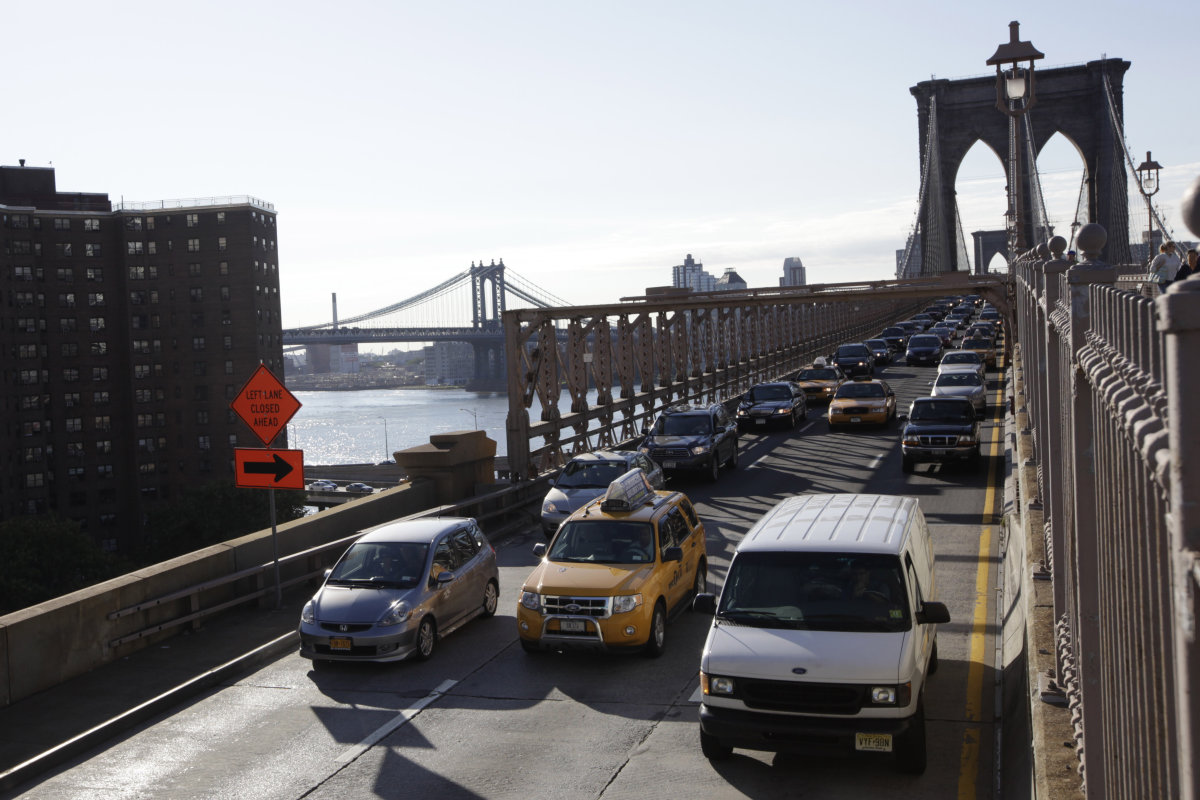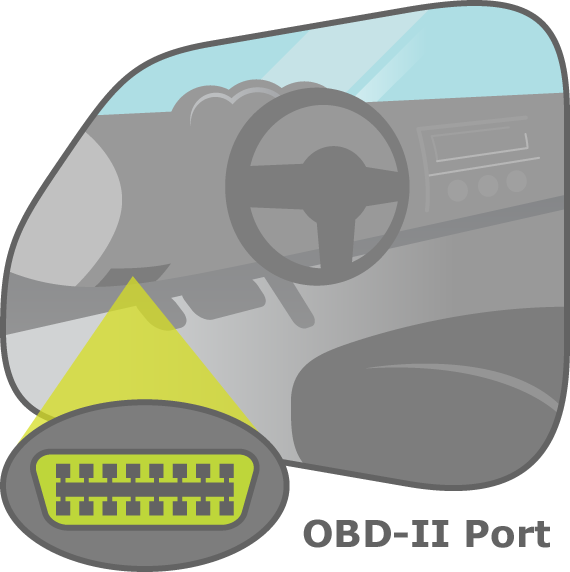While some insurance companies have begun to track cars as a means of cutting costs and ensuring safety, the New York City Department of Transportation (NYCDOT) is looking to do the same by launching its Drive Smart test program, which will have 400 drivers install an OBD-II tracking device that rewards them for careful driving.

Under the new program, NYCDOT partnered with Allstate auto insurance company, Dash, a mobile application connected to a car’s on-board computer and smartphone that provides real-time feedback, Commute Greener, which helps individuals save time and money, improve health, and contribute to sustainable development, and Metropia, a mobile app system that rewards commuters for choosing better routes to help reduce and eliminate traffic congestion.
Drive Smart aims to use technology to help drivers save money, time, and drive more safely. Through the technical applications listed above, the program will provide drivers with feedback on how to drive more safely, use less gas, avoid traffic, and reward drivers for driving during off-peak hours or using less congested routes. Participants are also eligible to earn performance-based discounts on Allstate auto insurance, meaning savings on potential premiums.

The system relies on data drawn from a vehicle’s on-board diagnostic port (OBD-II), which is typically located underneath the steering wheel column. All participants will receive a Drive Smart OBD-II device for free. Once connected, the device collects and transmits data directly to the driver’s smartphone and to the Drive Smart cloud server, where it will be used to provide a number of services back to the driver.
Funded through a grant from the U.S. Department of Transportation, the demonstration project will run from now until August 2016. Volunteer drivers will be given access to the Drive Smart package of services and mobile apps supplied by NYCDOT and the program’s partners. Involvement is at no cost; participants simply need a driver’s license, car (no Hybrids or Electric cars), and Android or iOS smartphone.
If it proves successful, the pilot could lead to a larger effort nationwide. While these trackers strive to promote better driving, they also invade a bit of our privacy and may not be as successful in a city like New York where there are a great deal of cabbies, ride sharers, such as Uber, visitors, and other drivers who may not be strong candidates for Drive Smart.
Via Engadget
Advertisement
Learn more about Electronic Products Magazine





